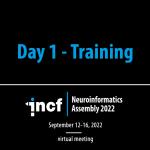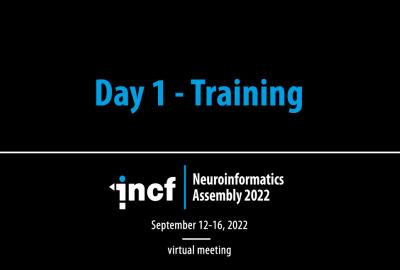This course consists of two workshops which focus on the need for reproducibility in science, particularly under the umbrella roadmap of FAIR scienctific principles. The tutorials also provide an introduction to some of the most commonly used open-source scientific tools, including Git, GitHub, Google Colab, Binder, Docker, and the programming languages Python and R.
Reproducible Science (Including Git, Docker, and Binder)
This is the first of two workshops on reproducibility in science, during which participants are introduced to concepts of FAIR and open science. After discussing the definition of and need for FAIR science, participants are walked through tutorials on installing and using Github and Docker, the powerful, open-source tools for versioning and publishing code and software, respectively.
This lesson continues with the second workshop on reproducible science, focusing on additional open source tools for researchers and data scientists, such as the R programming language for data science, as well as associated tools like RStudio and R Markdown. Additionally, users are introduced to Python and iPython notebooks, Google Colab, and are given hands-on tutorials on how to create a Binder environment, as well as various containers in Docker and Singularity.










